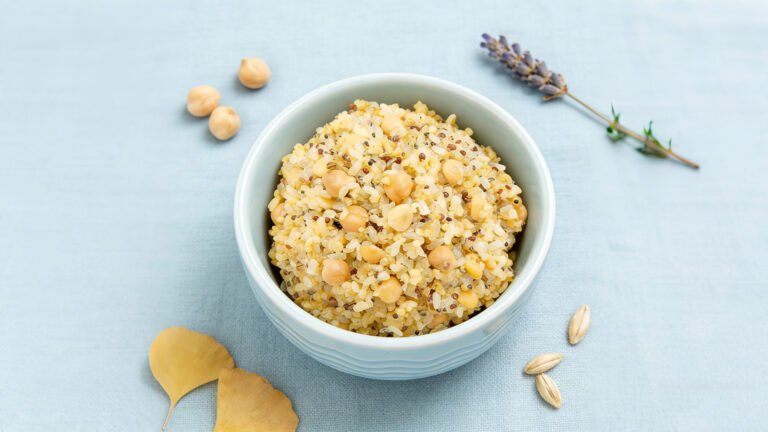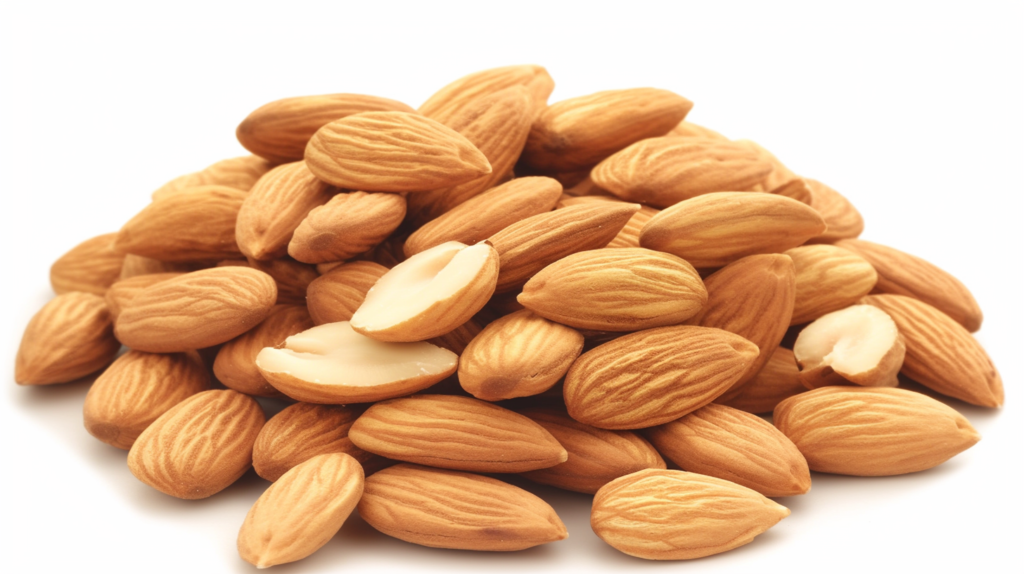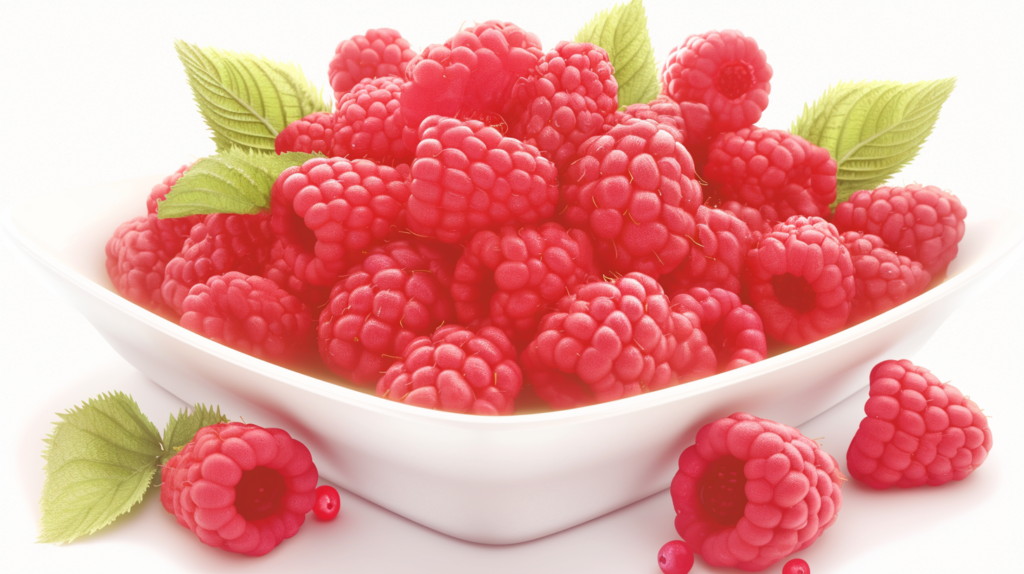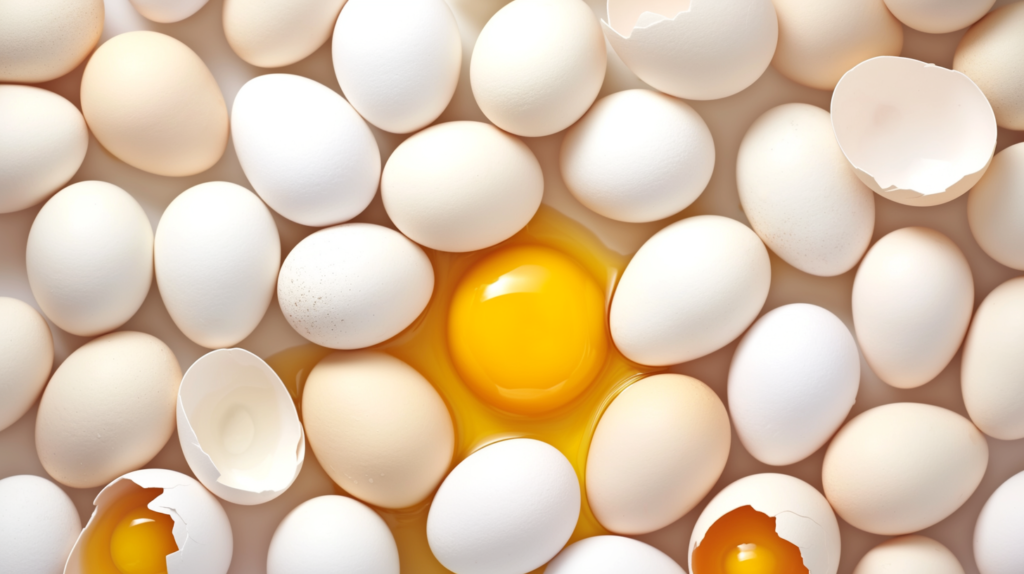
Contact Us through info@lovekonjac.com
The ketogenic diet has gained popularity due to its potential benefits for weight loss and blood sugar control.
A ketogenic diet is essentially a very strict high-fat, moderate-protein and low-carb diet. When you cut down on your carbohydrate intake, your body eventually enters a state known as ketosis.
In ketosis, the body burns fat for energy instead of carbohydrates and produces ketones, which serve as an alternative fuel source. However,This process varies from person to person, with some requiring a more restrictive diet than others to produce sufficient ketones.
Following the keto diet means eliminating foods like bread, pasta, rice, and sugar to consume less than 50 grams of carbohydrates per day. Typically, the standard ketogenic diet consists of 55–60% fat, 30–35% protein, and 5–10% carbohydrates.
Originally, the ketogenic diet was used in clinical settings to help reduce seizures in children with epilepsy.
The keto diet is often considered a more sustainable weight loss plan because fats and proteins are known to enhance satiety, keeping you feeling full and satisfied for longer periods.
Ketones provide an alternative fuel for your body and brain functions, without making you feel like you’re starving yourself. This way, you don’t experience the increase in ghrelin, the ‘hunger hormone’ that signals your brain to eat, so the diet is easier to maintain.
The main health benefits of a keto diet can include:
– Enhanced Fat Burning: The keto diet shifts the body’s metabolism from relying on carbohydrates for energy to burning fat, leading to significant fat loss.
– Reduced Appetite: High-fat foods are satiating, helping reduce hunger and calorie intake naturally.
– Lower Blood Sugar Levels: The reduction in carbohydrate intake leads to lower blood sugar levels, making the keto diet beneficial for managing diabetes and insulin resistance.
– Increased Insulin Sensitivity: By minimizing carb intake, the body’s sensitivity to insulin improves, aiding in better blood sugar control.
– Stable Energy Supply: Ketones, produced during ketosis, provide a stable energy source for the brain, which can improve cognitive function and mental clarity.
Certain studies have proven that high carb diets may play a role in acne through stimulating insulin, increasing androgen bioavailability & influencing insulin-like growth factor-1 (IGF-1) activity. Ultimately, insulin mediated actions cause increased cell growth in sebaceous ducts, abnormal shedding of follicular skin, increased androgen-mediated sebum production, growth of acne bacteria and the consequent inflammation. Conversely, low carb diets improve skin quality.
The effect of a high-protein, low glycemic–load diet versus a conventional, high glycemic–load diet on biochemical parameters associated with acne vulgaris: A randomized, investigator-masked, controlled trial – Journal of the American Academy of Dermatology (jaad.org)
Clinical and physiological evidence has found that the ketogenic diet specifically may be effective in decreasing the severity and progression of acne.
Nutrition and acne: therapeutic potential of ketogenic diets – PubMed (nih.gov)
Here is a list of all the low-carb foods that are appropriate to eat when you’re following keto.

Konjac noodles are an excellent addition to the keto diet, containing only 0.2 grams of net carbs and 8.4 calories per serving.
Shirataki noodles are made from glucomannan, a viscous fiber with many potential health benefits.
Viscous fiber forms a gel that slows the movement of food through your digestive tract, helping to decrease hunger and blood sugar spikes. This can aid in weight loss and diabetes management.
Konnyaku noodles come in various shapes, including rice, fettuccine, spaghetti, and more, making them a versatile substitute for regular noodles in almost any recipe.

Nuts and seeds are healthy, high in fat, and low in carbs.
Frequent nut intake is linked to a reduced risk of heart disease, certain cancers, depression, and other chronic diseases .
Furthermore, nuts and seeds are high in fiber, which can help you feel full and naturally lower your calorie intake .
Although most nuts and seeds are low in net carbs, the amount varies widely by type. The lowest in carbs — and therefore the best for keto — are:
almonds
macadamia nuts
pecans
walnuts
chia seeds
flaxseeds

Most fruits are too high in carbs to eat on the keto diet, but berries are an exception.
Berries, particularly raspberries and strawberries, are low in carbs and high in fiber. While blackberries and blueberries are lower in carbs than some other fruits, they may not fit into strict keto diets.
These tiny fruits are loaded with antioxidants that may reduce inflammation and help protect against disease.

4. Dark chocolate and cocoa powder
Dark chocolate and cocoa are delicious sources of antioxidants.
Dark chocolate contains flavanols, which may reduce your risk of heart disease by lowering blood pressure and keeping your arteries healthy.
Somewhat surprisingly, you can eat chocolate on keto. However, it’s important to choose dark chocolate that contains a minimum of 70% cocoa solids — preferably more — and eat it in moderation.

5. Eggs
Eggs are an extremely healthy protein source.
Because each large egg contains less than 1 gram of carbs and about 6 grams of protein, eggs can be ideal for keto.
In addition, eggs have been shown to trigger hormones that increase feelings of fullness.
It’s important to eat whole eggs rather than egg whites since most of an egg’s nutrients are found in the yolk. This includes the antioxidants lutein and zeaxanthin, which protect eye health.

6. Seafood
Fish and shellfish are very keto-friendly. Salmon and other fish are not only nearly carb-free but also rich in B vitamins, potassium, and selenium.
However, the carb count in shellfish varies by type. While shrimp and most crabs contain no carbs, oysters and octopus do. You can still eat these foods on the keto diet, but it’s important to carefully track these carbs to stay within your range.
Additionally, salmon, sardines, mackerel, and other fatty fish are very high in omega-3 fats, which have been associated with lower insulin levels and increased insulin sensitivity in people who are overweight or have obesity .
Frequent fish intake is linked to improved brain health and a decreased risk of disease.